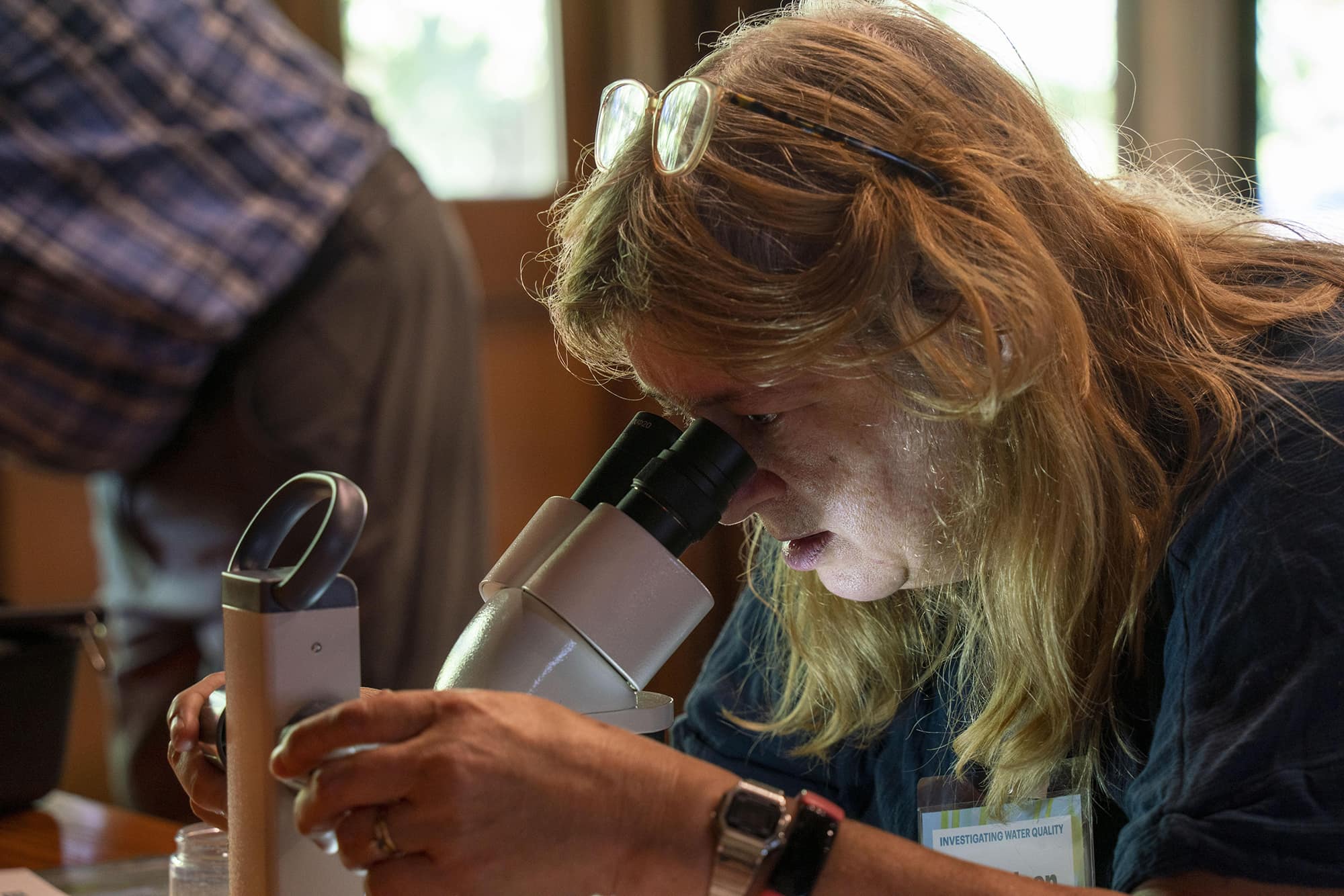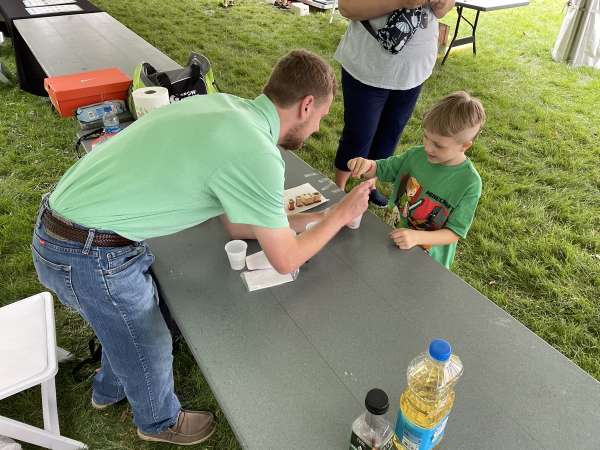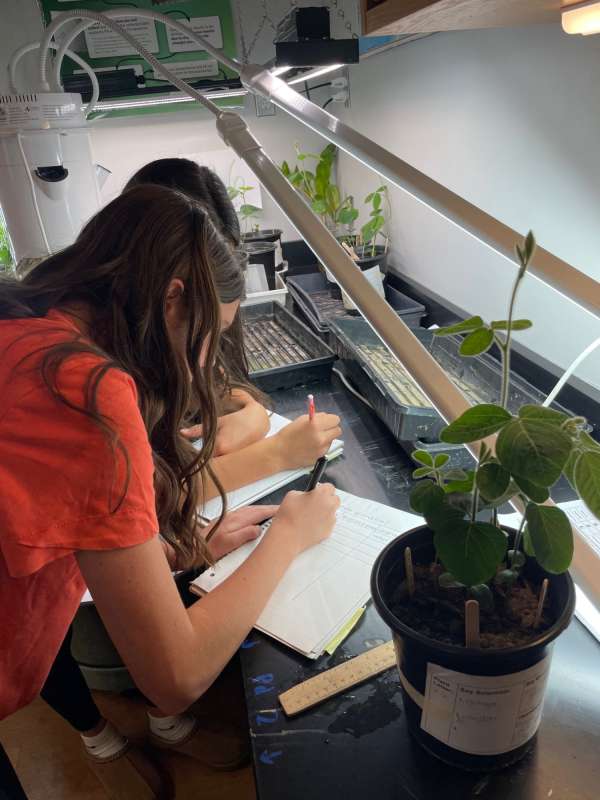Black soldier flies have a lifespan of only about 40 days, but what they can accomplish in those 40 days could change agriculture.
Raised on farms and studied by entomologists, these flies, during their larval stage, can produce fertilizer from restaurant food waste in just a week.

The mixture produced by fly larvae, known as frass, is a combination of excrement and the outer shells that larvae shed as they grow. The insect shells contain chitosan, which triggers plant defenses against pests, acting like a natural pesticide. Unlike chitosan from crustaceans, it’s more sustainable because it can be locally produced and doesn’t contain heavy metals.
Vineyards hope to use black soldier fly farms to convert their waste—grape skins, stems, and leaves—into profit. This waste, called pomace, can be expensive to dispose of, but with black soldier flies, it generates added value.
Entomologists are still studying how black soldier flies could sustainably benefit agriculture. The potential of frass as a fertilizer and pest control agent is immense.
Equip your students with the skills to test and compare soil quality.




Share this